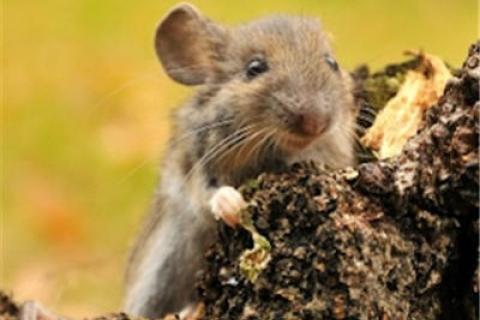
Hantavirus has made its way into the news recently, as it has claimed the lives of several people during national park outbreaks over the summer.
But what, exactly, is hantavirus, and how do you protect yourself from it?
 Hantavirus is a disease that can be passed to humans through carrier rodents and their waste -- for example, when a person is cleaning up rodent droppings, or when a person breathes in contaminated dust. According to the Centers for Disease Control and Prevention, humans with a severe infection of hantavirus can sometimes develop respiratory disease Hantavirus Pulmonary Syndrome (HPS), which can be fatal. The symptoms are similar to that of influenza, according to the National Center for Biotechnology Information.
Hantavirus is a disease that can be passed to humans through carrier rodents and their waste -- for example, when a person is cleaning up rodent droppings, or when a person breathes in contaminated dust. According to the Centers for Disease Control and Prevention, humans with a severe infection of hantavirus can sometimes develop respiratory disease Hantavirus Pulmonary Syndrome (HPS), which can be fatal. The symptoms are similar to that of influenza, according to the National Center for Biotechnology Information.
As the disease worsens quickly, it’s essential to receive treatment as soon as possible. Call your doctor immediately if you’re experiencing flu-like symptoms -- like fever, aches, vomiting and fatigue -- after coming into contact with rodents or their waste.
Because the disease can become severe or fatal if contracted, the key is prevention. Fight hantavirus by doing the following, according to the Washington State Department of Health:
In the outdoors --
- Avoid rodents and their nests, and set up camp away from them as well.
- Keep food and any trash in sealed, rodent-proof containers. If you are out camping, put food and trash in bags and suspend them from a tree limb up off the ground.
- Air out cabins; if there are signs of contamination, follow the directions in Step 3. below.
At home --
- Make sure any cracks and gaps larger than a quarter inch in your house are sealed up.
- Keep human food and pet food in sealed, rodent-proof containers.
- If rodents or their contaminants do get into your home, trap the rodents; then, dispose of them and their waste by soaking the contaminated area for 10 minutes with a 10-percent bleach solution, spraying the area with disinfectant, double-bagging any dead rodents and cleaning supplies, and burying or burning them, all while wearing protective rubber gloves.
- When cleaning contaminated areas, do not kick up dust
- Steam clean contaminated areas that are upholstered
- Keep hands clean
Follow these directions carefully to keep yourself and your family safe from hantavirus. And remember, if you experience flu-like symptoms after coming into contact with rodents or rodent waste, contact your doctor immediately.
- 2954 views

